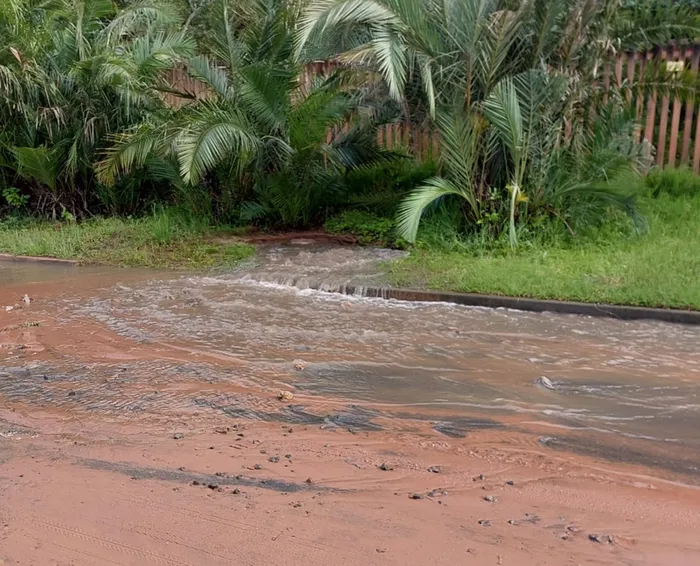Editor’s Note: Don’t blame media for water problems

Sewage spills from a burst pipe in KwaDukuza in this December file picture.
Municipal spokesman Msawakhe Mayisela is correct when he asks, concerning the state of the city's water infrastructure, “When are we going to be the change we wish to see?”
It is incumbent on all of us ‒ individuals, families and business ‒ to ensure we do not negatively impact our water courses and wastewater infrastructure.
Littering, illegal dumping of chemical waste ‒ all contribute to the precarious state of our rivers.
As does the lack of sanitation facilities at informal settlements, which results in faecal matter entering the rivers.
But the state of the city’s wastewater treatment works is the fault of nobody but the municipality.
Sure, some facilities were damaged in a storm, but that was a long, long time ago, and the municipality has had an age to do repairs.
Add this to the number of leaks from pipes carrying fresh water and it is clear we have a crisis generally in our water infrastructure.
Of course this is not unique to the eThekwini region ‒ the situation is the same around the country.
As former municipal manager Mike Sutcliffe says (Insider, Page 8), municipalities are not getting the balance between investing in new infrastructure, necessary to service previously underserved areas, and maintaining existing assets right.
Where Mayisela is wrong is in blaming the media for exposing the state of affairs.
This newspaper in particular delights in its coverage of clean-up initiatives, but we also do not ‒ and cannot ‒ shy away from reporting on the problem areas.
The Independent on Saturday